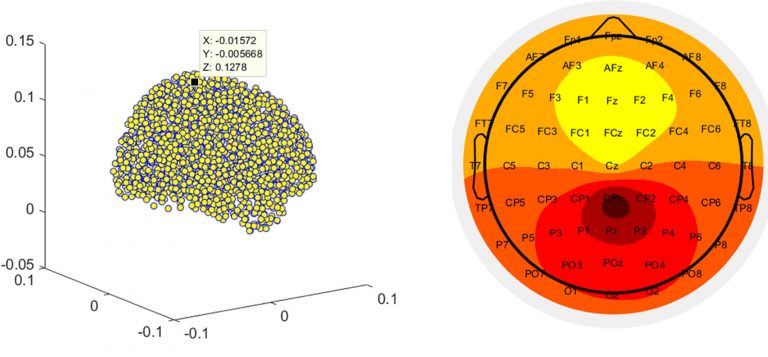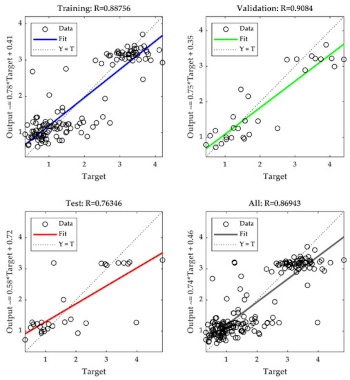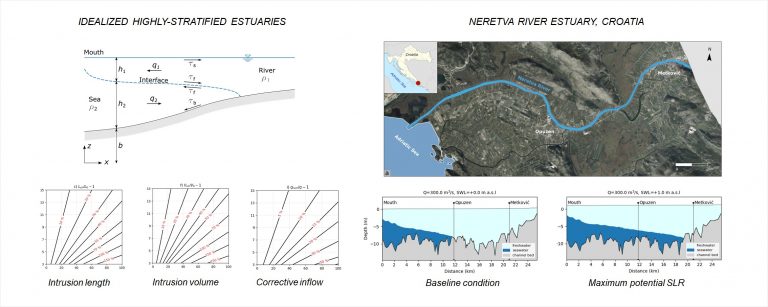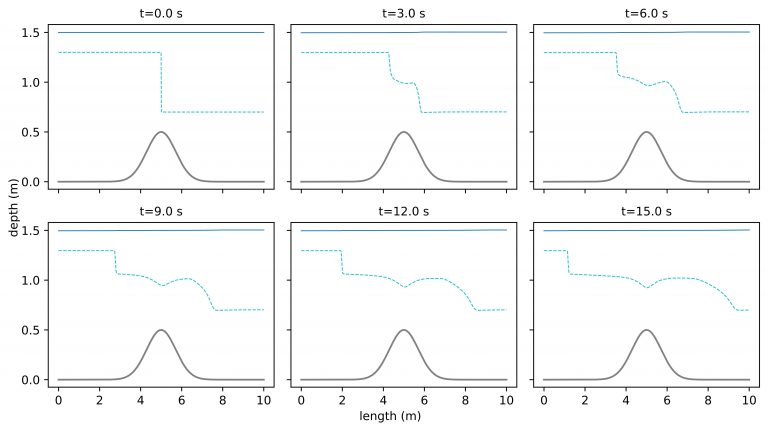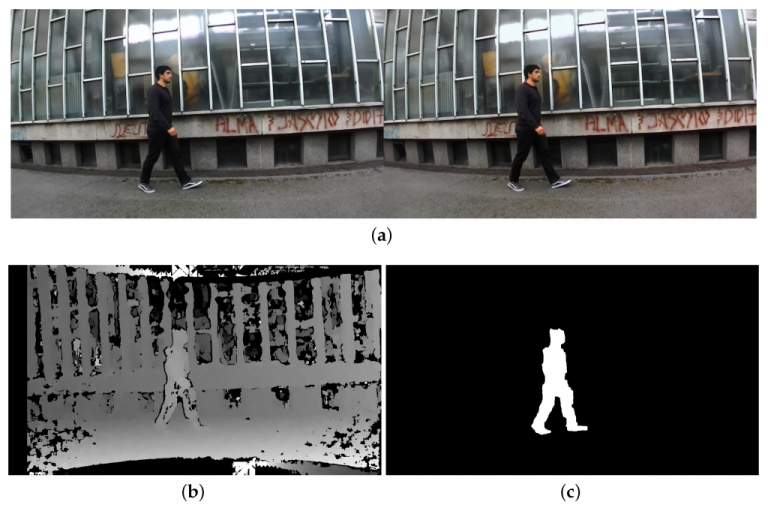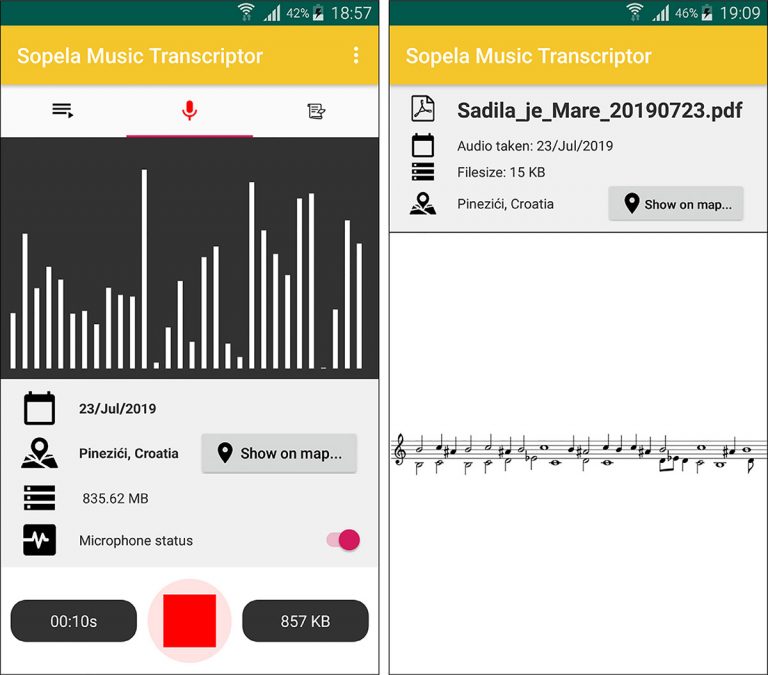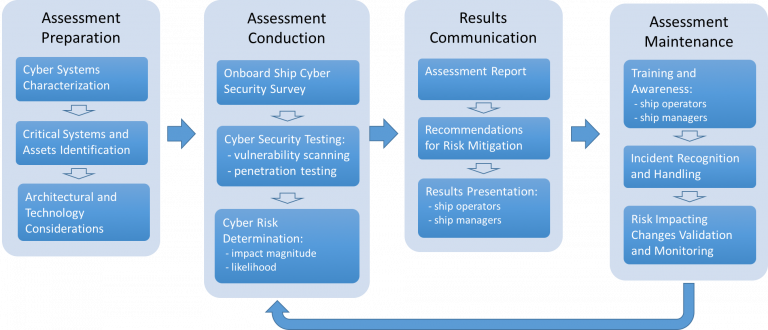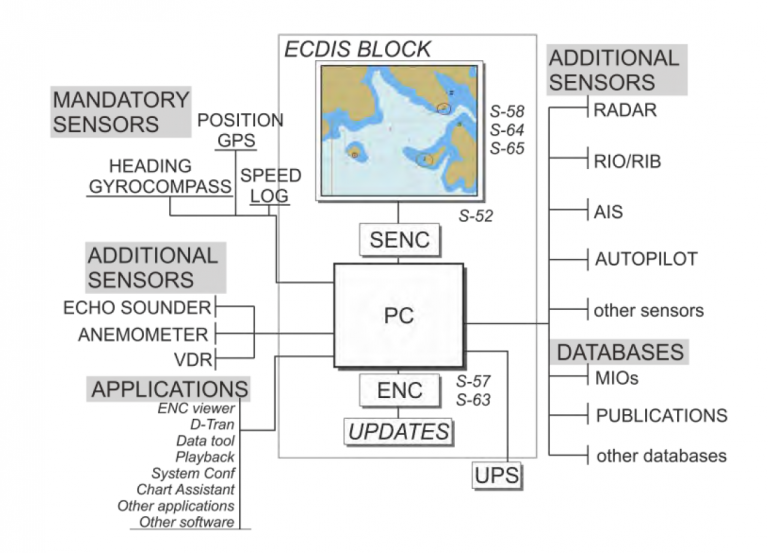The brain dynamics in the electroencephalogram (EEG) data are often challenging to interpret, specially when the signal is a combination of desired brain dynamics and noise. Thus, in an EEG signal, anything other than the desired electrical activity, which is produced due to coordinated electrochemical process, can be considered as unwanted or noise. To make […]
Research Papers
A Comprehensive Peach Fruit Quality Evaluation Method for Grading and Consumption
Peaches are a popular fruit appreciated by consumers due to their eating quality. Quality evaluation of peaches is important for their processing, inventory control, and marketing. Eleven quality indicators (shape index, volume, mass, density, firmness, color, impedance, phase angle, soluble solid concentration, titratable acidity, and sugar–acid ratio) of 200 peach fruits (Prunus persica (L.) Batsch “Spring […]
Assessment of sea-level rise impacts on salt-wedge intrusion in idealized and Neretva River Estuary
Understanding the response of estuaries to sea-level rise is crucial in developing a suitable mitigation and climate change adaptation strategy. This study investigates the impacts of rising sea levels on salinity intrusion in salt-wedge estuaries. The sea-level rise impacts are assessed in idealized estuaries using simple expressions derived from a two-layer hydraulic theory, and in […]
Re-evaluating efficiency of first-order numerical schemes for two-layer shallow water systems by considering different eigenvalue solutions
The efficiency of several first-order numerical schemes for two-layer shallow water equations (SWE) are evaluated here by considering different eigenvalue solutions. This study is a continuation of our previous work (Krvavica et al., 2018) in which we have proposed an efficient implementation of a Roe solver for two-layer SWE based on analytical expressions for eigenvalues […]
Extending Appearance Based Gait Recognition with Depth Data
Each individual describes unique patterns during their gait cycles. This information canbe extracted from the live video stream and used for subject identification. In appearance basedrecognition methods, this is done by tracking silhouettes of persons across gait cycles. In recentyears, there has been a profusion of sensors that in addition to RGB video images also […]
Shipboard ECDIS Cyber Security: Third-Party Component Threats
The Electronic Chart Display and Information System (ECDIS) plays a central role in safe navigation of ships. The ECDIS is basically a software package running on a general operating system that could be comprised of the third-party components. This paper presents an analysis of cyber security weaknesses of a shipboard ECDIS raising from the ECDIS […]
Automatic Music Transcription for Traditional Woodwind Instruments Sopele
Sopela is a traditional hand-made woodwind instrument, commonly played in pair, characteristic to the Istrian peninsula in western Croatia. Its piercing sound, accompanied by two-part singing in the hexatonic Istrian scale, is registered in the UNESCO Representative List of the Intangible Cultural Heritage of Humanity. This paper presents an insight study of automatic music transcription […]
Brain Computer Interface Based Communicator for Persons in Locked-in State
Brain Computer Interfaces (BCI) are devices that use brain signals for control or communication. Since they don’t require movement of any part of the body, BCI are the natural choice for assisted communication when a person is unable to move. In this article, BCI based communicator for persons in locked-in state is described. It is […]
Assessing ship cyber risks: a framework and case study of ECDIS security
The growing reliance of the shipping industry on information and communication technologies places a high premium on cyber risk management. The International Mar- itime Organization has imposed improvement of the approved safety management system of ships by incorporating the cyber risk management no later than the first annual verification of a shipping company’s document of […]
Human Machine Interface: Interaction of OOWs with the ECDIS system
Electronic Chart Display and Information System (ECDIS) is a computer maritime navigational system providing support to Officers Of the Watch (OOW’s) in the execution of main navigational tasks. According to the International Maritime Organization (IMO), the primary scope of ECDIS is a contribution to navigation safety. The system represents an inevitable path towards paperless vessels […]
